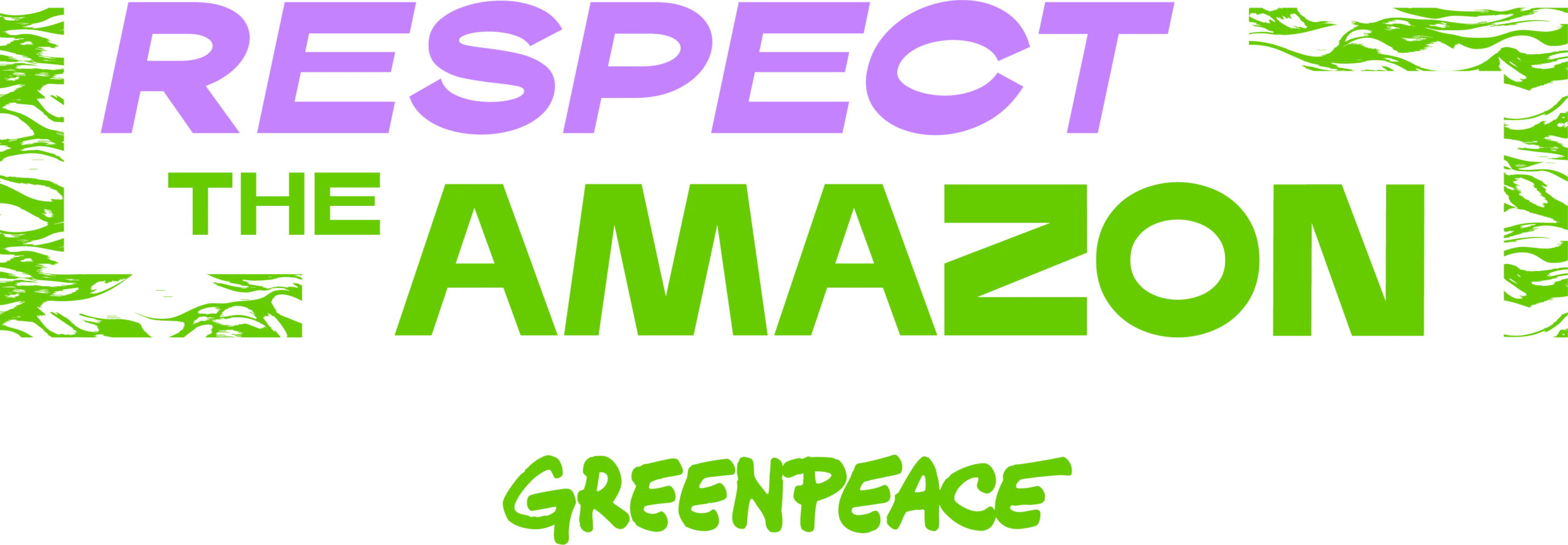Resex Jaci-Paraná
The State Attorney General’s Office of Rondônia (PGE) has filed a lawsuit against JBS for the alleged direct purchase of 227 head of cattle from a ranch that raised livestock within the Jaci-Paraná Extractive Reserve (Resex), according to a report by A Pública and the Associated Press. The conservation unit is proportionally the most deforested in the Brazilian Amazon, with 80% of its area already devastated.
